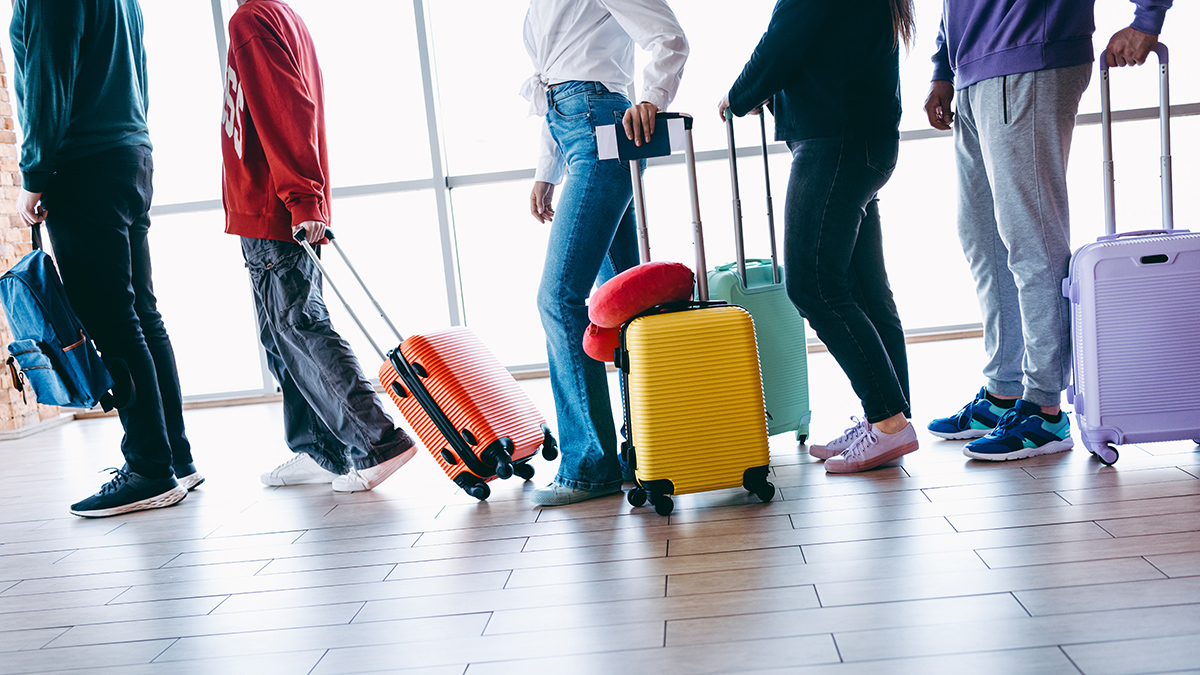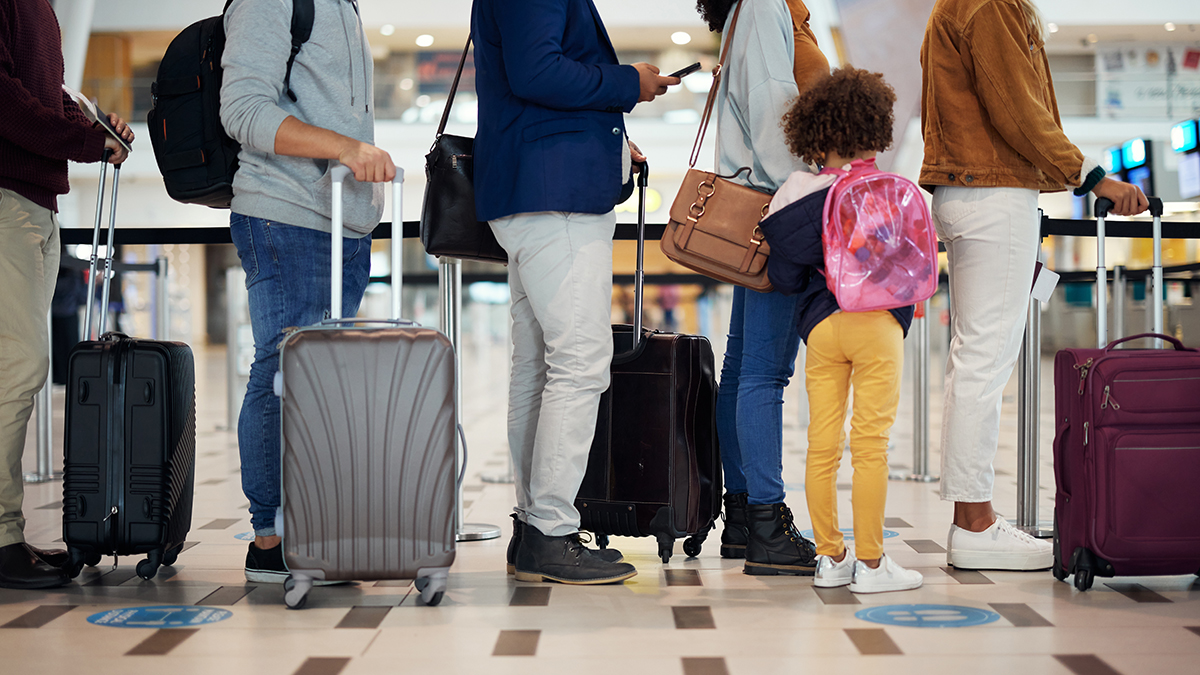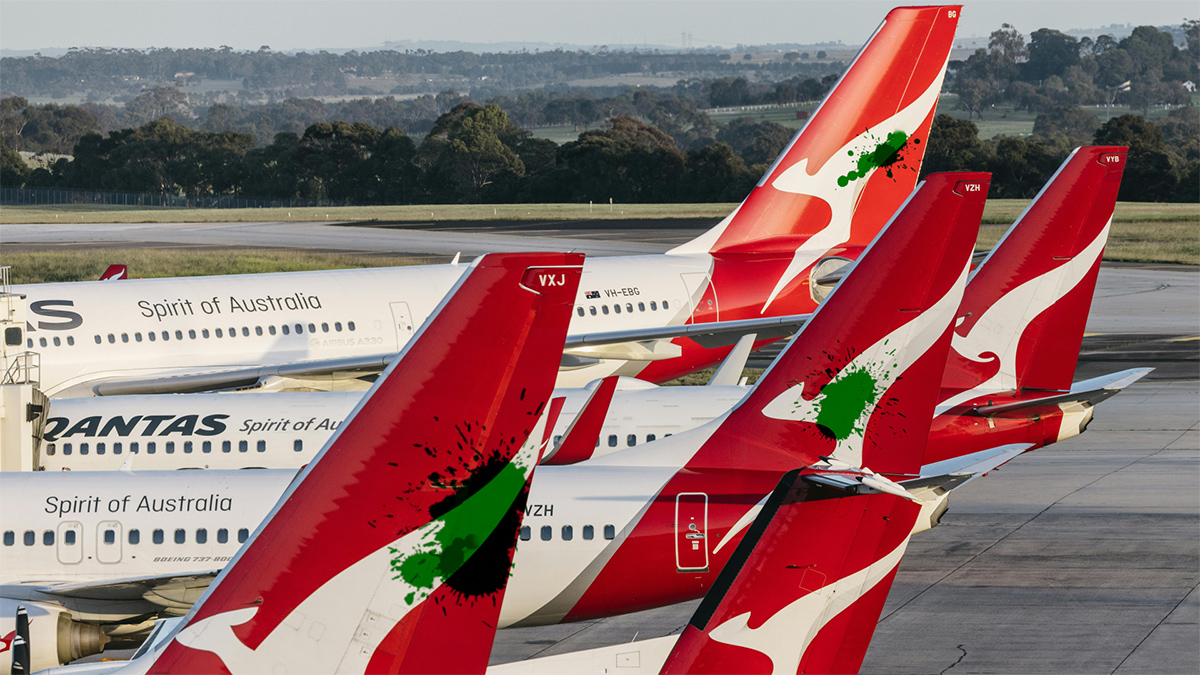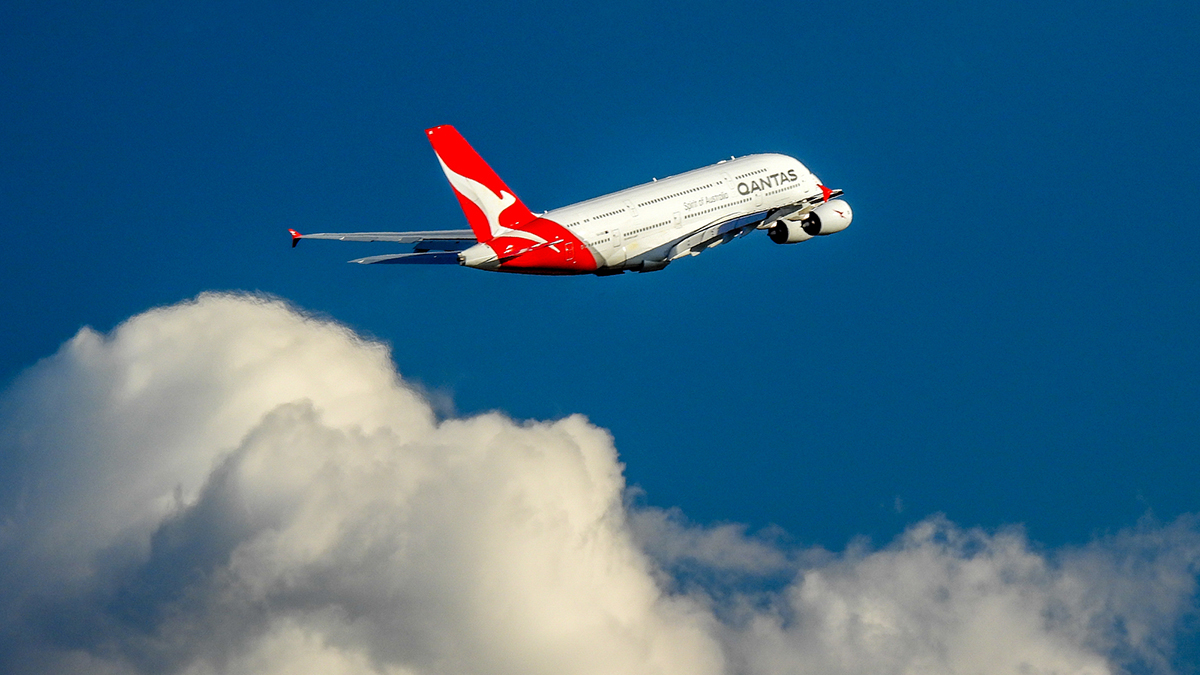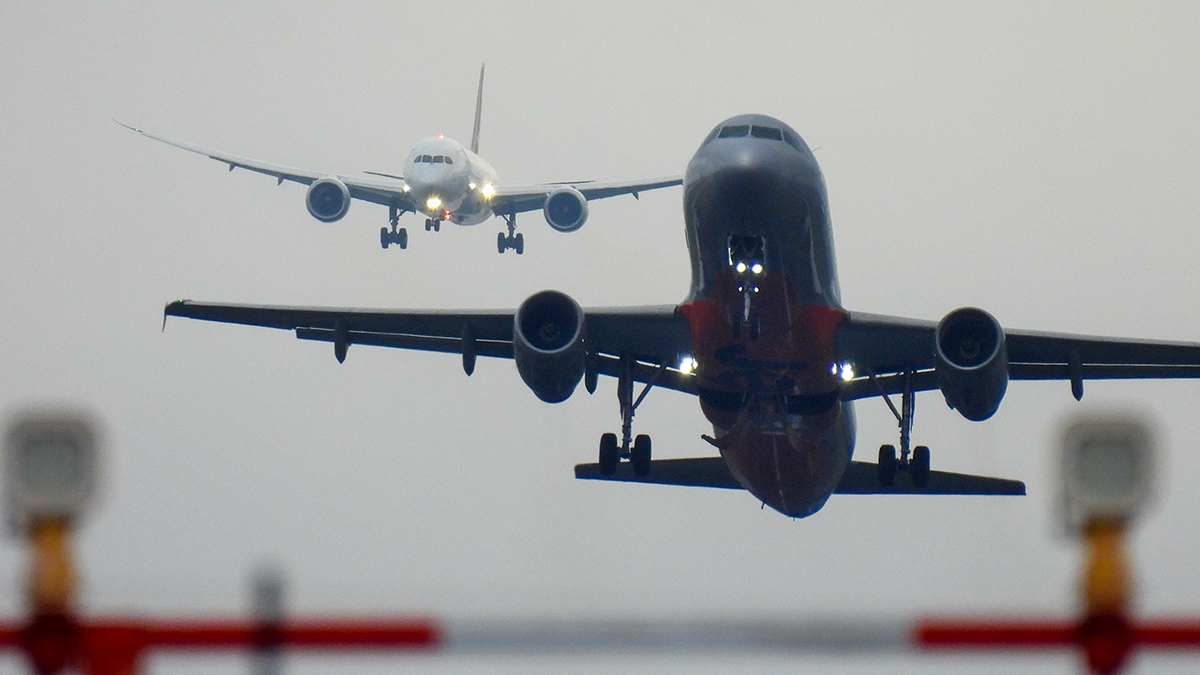Get our independent lab tests, expert reviews and honest advice.
Only a quarter of Australians feel confident making travel plans

New research from CHOICE has found that only one in four (23%) Australians feel confident about booking flights, accommodation or other travel services in the next 12 months.
Such travel hesitancy shouldn’t be surprising. Ever since the COVID-19 pandemic hit, many of us have had to deal with cancelled flights, hotel bookings and more, only to find that obtaining a refund, voucher or other resolution has been far from easy.
The chaos experienced by travellers throughout 2020 has highlighted the need for urgent consumer protection reforms. CHOICE is calling for the introduction of clear and fair rights for consumers when travel services have to be cancelled due to circumstances outside of their control.
CHOICE survey: 66% not confident about booking travel
In September, we surveyed more than 1000 Australians about the effect the COVID-19 pandemic has had on their travels.
A massive 63% of people who have made travel plans since March 2020 have had to cancel them due to COVID-19 risks, border closures or lockdowns.
As a result, two-thirds (66%) of respondents say they don’t feel confident about making travel bookings in the next 12 months, and 10% feel unsure or don’t know.
It’s no wonder Australians don’t want to plan a holiday when they run the risk of losing both their booking and their money
CHOICE consumer rights expert Alison Elliott
“People are understandably cautious about the health-related risks of travelling during a pandemic,” says CHOICE consumer rights expert Alison Elliott.
“But we’ve also heard from thousands of people about their experiences of poor customer service and difficulty in obtaining a refund or other remedy from travel businesses and airlines.
“It’s no wonder Australians don’t want to plan a holiday when they run the risk of losing both their booking and their money.”
Consumer confidence in travel
63% – people who have had travel plans but had to cancel them, since March 2020
Confidence in making travel bookings in the next 12 months
- Confident: 23%
- Not confident: 66%
- Don’t know/not sure: 10%
Australians report poor response from travel operators
Earlier this year, more than 4000 people told us about their efforts to get a refund from airlines and other travel and tourism businesses after their bookings were cancelled.
Some of the biggest challenges included:
Businesses hard to reach
Many people expressed their frustration at being unable to contact the business or airline directly. We heard stories of emails being unanswered, live chat options being removed from websites, and lengthy call wait times.
“No one answered the phone or responded to emails for months,” says one respondent. Another tells us: “Qantas seemed to go out of its way to make things difficult. They deliberately limited the means by which customers could communicate with them.”
Slow response
When people could get through to businesses, our survey found that they were unexpectedly slow to respond – 53% of respondents waited more than three months for a resolution, with some facing a wait of six months or more. “I cancelled in March 2020 and received a final refund for the flights in December/November 2020,” says one.
Left out-of-pocket
We also found that when people did get a remedy, it was often inconsistent and unfair. Some people (fewer than one in five) received a full refund, while others (one in 20) lost their booking and their money. We also heard from respondents who’d lost money through unexpected cancellation fees and charges.
Vouchers or credits that can’t be used
Of those who received a credit or voucher, many told us they were concerned they wouldn’t actually be able to use them for a number of reasons including short expiry periods, travellers being elderly or vulnerable to COVID-19, or routes or locations originally booked no longer being available.
“I do not see myself using this credit. At my age I may not go overseas again,” says one respondent.
What would make Australians feel confident about booking travel?
- A guaranteed right to a refund in all cases: 68%
- Clear and standard information (at time of booking) about what will happen if your booking has to be cancelled: 60%
- A guaranteed right to refund, minus any reasonable expenses of the business: 53%
- Minimum terms around credits/vouchers (e.g. 3-year expiry, ability to split over multiple bookings, transferability and conversion to a refund if not used before expiry): 48%
- An independent body to complain to if you have a problem: 47%
Stronger travel rights needed
It’s clear the current system isn’t working for consumers.
“Reforms are urgently needed to ensure fairer and more consistent rights and remedies for travellers if plans need to be cancelled due to events out of their control, and to make it easier for them to obtain a refund,” says Elliott.
That’s why CHOICE is calling on federal and state governments to implement:
- easier travel refunds
- minimum voucher/credit rights
- a mandatory industry code for all airlines and large travel providers
- a travel and tourism industry ombudsman
- a mandatory information standard at time of booking
- an ACCC market study into the travel and tourism sector
- a national travel restrictions website.
Reforms would increase consumer confidence
Around two-thirds (68%) of the respondents from our latest survey say they’d feel confident making a booking if they had a guaranteed right to a refund in all cases.
Just less than half (47%) would feel confident if there was an independent body to complain to, or if there were minimum terms around travel credits and vouchers to make them usable (48%).
We want to see a situation where a family … wouldn’t have to worry about struggling to get a refund on top of the disappointment of missing a holiday
“It’s clear that, if implemented, these reforms will help Australians have the confidence to book travel in the future, knowing that they won’t be left out of pocket if their travel plans are cancelled or disrupted due to events out of their control,” says Elliott.
“We want to see a situation where a family living in Victoria could book a trip to the Gold Coast in six months time, knowing that if they did have to cancel, they wouldn’t have to worry about struggling to get a refund on top of the disappointment of missing a holiday.”
Our survey
CHOICE surveyed 1045 Australians between 15 and 29 September, 2021.
The data has been weighted to make sure it is representative of the Australian population according to the 2016 ABS Census data on age, state, sex, household income and education.

